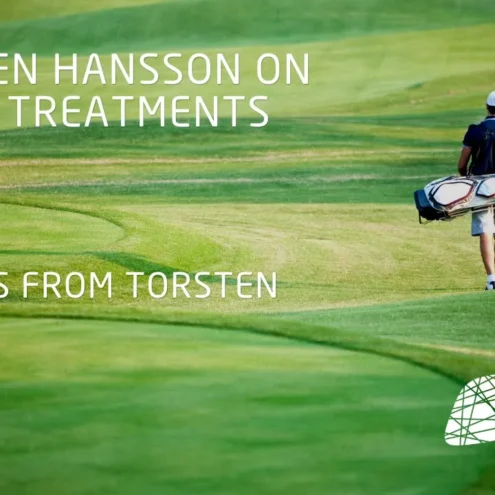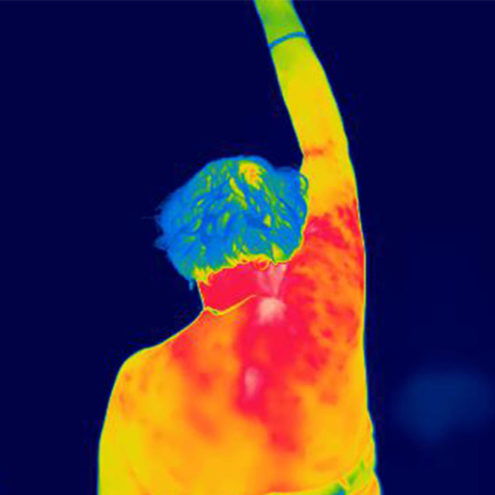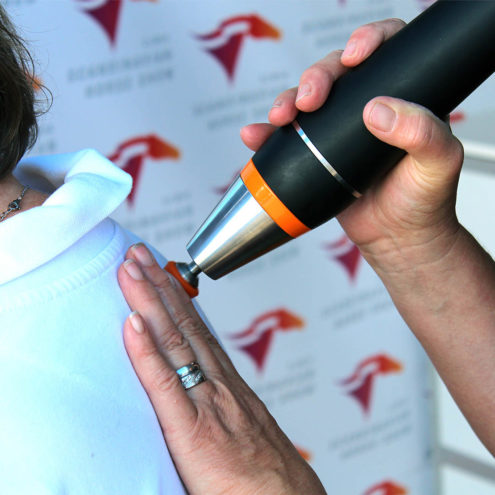Headaches and Stress – The Connection and How to Manage It

Stress has become a common part of our lives over the years and can have a significant impact on our health. One of the most prevalent symptoms of stress is headaches. In this comprehensive article, we will explore the close connection between headaches and stress and offer you effective strategies to manage stress-related headaches. We will also look at how Fascia Clinics can be helpful from a fascia perspective in terms of treatment and support.
Understanding the link between headaches and stress
Before going into details about how stress can cause headaches, let’s first understand the basis of this relationship. Stress is the body’s reaction to strain and can activate a range of physiological and psychological responses. These reactions can in turn affect different parts of our body, including muscles, nerves and blood vessels.
Why stress causes headaches
Physiological reactions
Stress activates the body’s “fight-or-flight” response, leading to increased production of stress hormones such as adrenaline and cortisol. This response is designed to help us deal with acute dangers, but if it is constant or excessive, it can lead to negative effects on our health.
One of the physiological effects of stress is muscle tension. When the body is in a constant state of tension, especially in the neck, shoulders and neck, this can lead to tension headaches. Muscle tension can create pain, dizziness and radiations from the neck up to the head.
Stress can also affect the blood vessels in the brain. This can cause blood vessels to constrict and then dilate again, which can cause migraine-like headaches. This type of headache can be extremely painful and accompanied by symptoms such as nausea and sensitivity to light.
Psychological factors
Stress not only affects our bodies physically but can also have a strong impact on our mental health. Worry, anxiety and other psychological factors can trigger or worsen headaches. When we are under stress, we may become more aware of pain and may experience it as more intense. This amplification of pain can lead to persistent or recurrent headaches.
Now that we have a basic understanding of the link between stress and headaches, let’s explore different types of headaches that are linked to stress.
Types of headaches linked to stress
Tension headaches
Tension-type headaches are the most common type of headache and are often linked to stress and muscle tension. This type of headache is characterized by a pressing, throbbing pain that can be mild to moderate in intensity. The pain is most often localized to both sides of the head and can feel like a tightening band around the head.
Many people experience tension headaches when they are stressed or when they have been sitting in an unhealthy position for a long time. Treatment for tension headaches can include relaxation techniques, painkillers and physical therapy.
Migraine
Migraine is a more intense and often painful type of headache that can also be triggered or worsened by stress. The headache during a migraine is characterized by a pulsating pain, usually on one side of the head. The pain can be so severe that it affects daily activities and can be accompanied by symptoms such as nausea, vomiting and light sensitivity.
Stress can be a trigger for migraine attacks, and some people report getting migraines when they are under increased stress. Managing migraine-related stress may require medication and lifestyle changes to reduce stress levels.
Effective strategies to manage stress-related headaches
Managing stress-related headaches requires both prevention and treatment. Here are some effective strategies for managing headaches linked to stress:
Relaxation techniques
Relaxation techniques such as deep breathing, meditation and progressive muscle relaxation can be effective in relieving stress and tension in the body. By regularly practicing these techniques, you can reduce the risk of triggering headaches.
Physical activity
Regular physical activity has been shown to reduce stress and its symptoms. Exercise releases endorphins, the body’s natural pain relievers and mood enhancers. It can also help dissolve muscle tension that can cause headaches.
Time management and breaks
Stress-related headaches can also be the result of overwork and long working days. Taking regular breaks and managing your schedule can help reduce stress and prevent headaches from getting worse.
How the FasciaClinics can support you
The FasciaClinics are used to treating and relieving pain and discomfort linked to muscle tension and stress. We have a holistic approach that takes into account the role of fascia in the body and its impact on pain and mobility.
Our fascia treatments are designed to improve your mobility and reduce stress levels in your body. We work with you to create a tailored treatment plan to suit your individual needs and goals.
Contact us for advice and treatment
If you suffer from stress-related headaches and need professional care and advice, don’t hesitate to contact the FasciaClinics. We are dedicated to helping you understand and manage your headaches effectively. Our expertise and experience can make the difference in your quality of life by reducing pain and improving your overall health. We look forward to supporting you on your path to a pain-free and stress-free existence.
 Search
Search
































